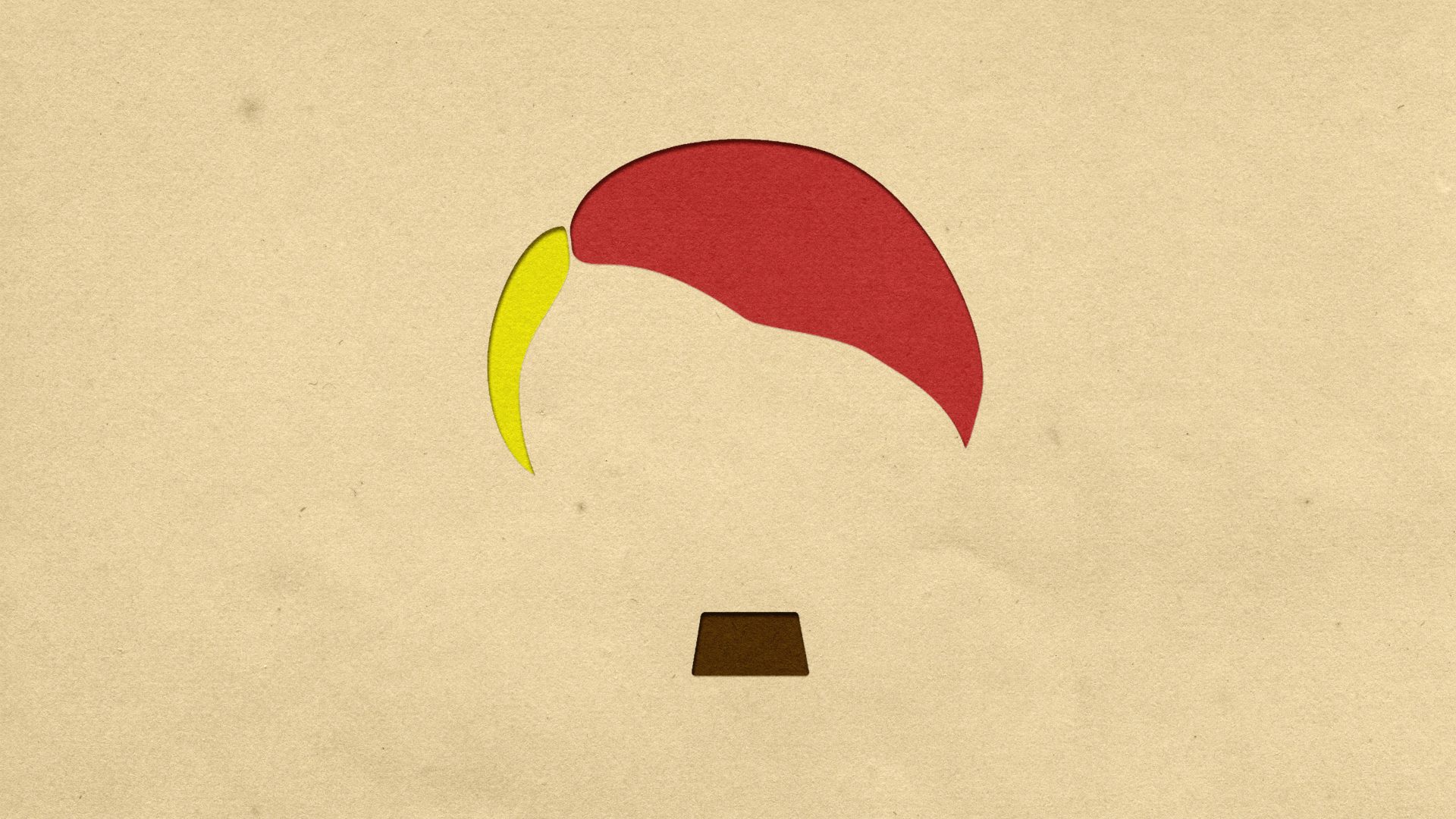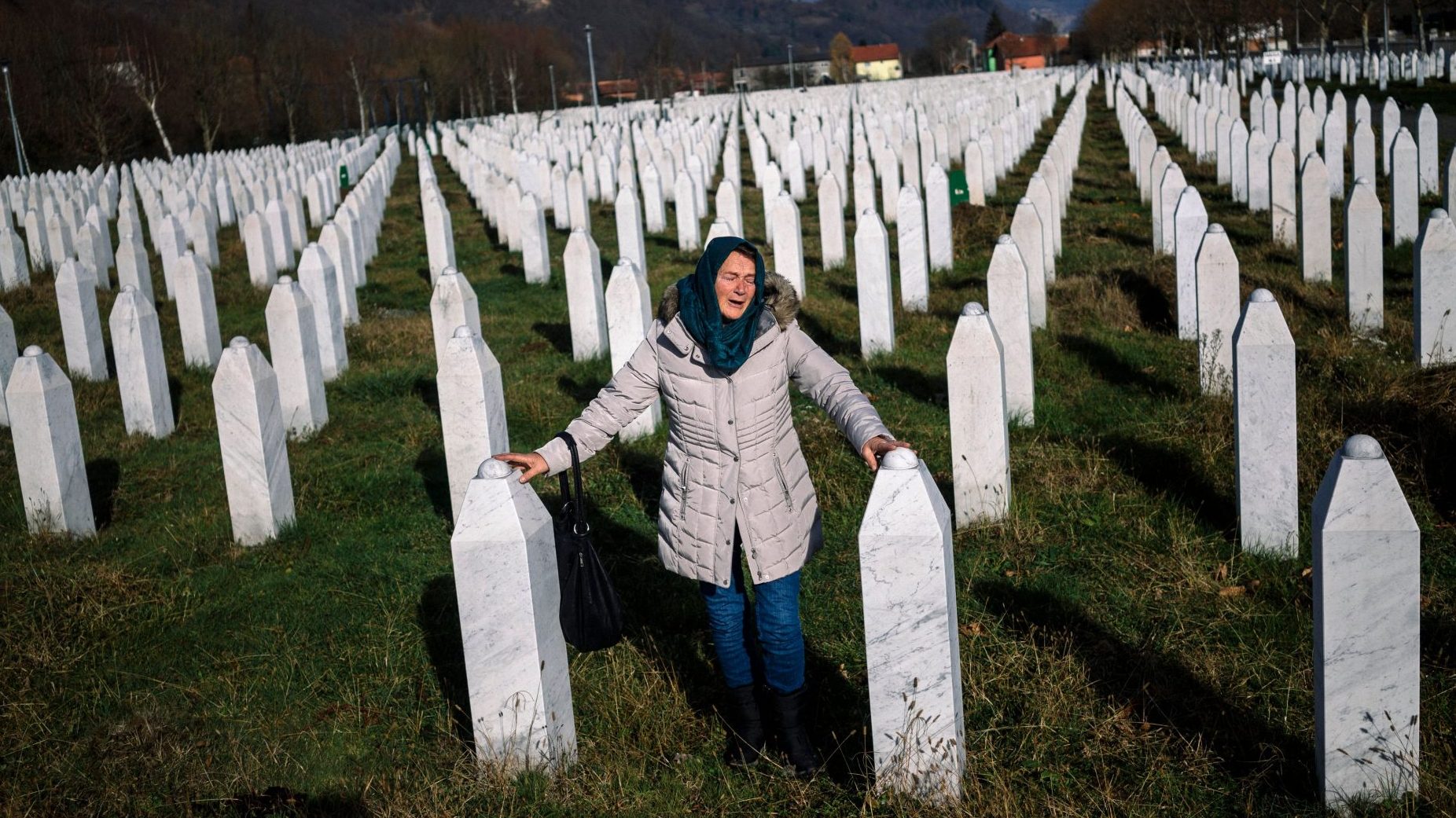Gotcha! Most likely this article caught your eye because of the headline, and therefore because you are British and as such “uniquely obsessed” with everything Nazi.
This isn’t coming from me – the art historian Neil MacGregor said it, although after leaving the British Museum for a role at Berlin’s Humboldt Forum, he evidently never turned on German telly. Otherwise, he wouldn’t claim UK exclusivity for Hitlermania.
We invented it, so no wonder we have it equally. It’s not only British TV producers who commission documentaries on every facet of Nazidom, and it’s not just British editors who publish “news” about Nazis. It’s Germans, too. I should know, I was one of them – and yes, Hitler still boosts sales and viewing figures.
Der Spiegel, for instance, used to have two Hitler-related covers per year, on average. Such as this one from 2013: “Hitler’s watch, Germany’s secret”
The teaser text reads: “In 1939 Adolf Hitler bestowed this diamond watch to his lover Eva Braun. It is part of an enormous art treasure the Nazis had hoarded – hidden in German museums to this day. The story of a shameful heritage”.
They stopped Hitlering after that, at least on the cover. Maybe due to a growing number of readers and users who complained about “Hitleritis”.
But I shouldn’t jeer. As editor, I ran a Bild front page on Hitler’s (alleged) silver treasure in South America (Göring’s flying saucer plans had already been discovered). And as managing director of the news channel NTV, I certainly didn’t stop the long-established practice of documentaries on topics such as Hitler’s friends, Hitler’s foes and Hitler’s food. Why leave historical education to our competitors?
This week’s TV listings contain Nazi binge nights, but last week I missed Hitler’s England, a Spiegel documentary (they are at it again) about the occupied Channel Islands, presented by John Nettles, aka Inspector Barnaby.
On a more serious note: a vast majority of Nazi-related content in popular media is based on how and why the Zivilisationsbruch (breach of civilisation, a term created by historian Dan Diner and philosopher Jürgen Habermas) happened. They tell us what evil is. This may help – I hope – prevent our democracy from succumbing to evil ever again.
I am sure it is solely for this reason that public broadcaster NDR has just launched a scoop: “The real fake Hitler diaries”, complete with an AI-based full text search online.
The diary, forged by Konrad Kujau and sold for nearly 10m Deutsche Mark to Stern in 1983, caused the biggest media scandal in German history. The fraud quickly blew up in the publisher’s and editors’ faces: sales figures of Europe’s then-best-selling magazine never recovered (for more background, I highly recommend Robert Harris’ Selling Hitler and the 1992 satirical film Schtonk!).
Since then the 62 fake notebooks have been stowed away in the publishing house’s safe. Only a few people have ever read them.
Now, NDR reporters have dug up copies in the estate of late historian Gitta Sereny, whom Rupert Murdoch had asked for an expert opinion after buying the rights from Stern.
There is no English version of the fake Hitler Tagebücher yet. So to give you an idea, here’s a translation of Kujau’s entry for January 6 1940: “Had two incidents of profuse sweating in the night due to yesterday’s injections, want to know what they’ve actually injected me with. Secret discussion on Jews in occupied Polish territories. Am in favour of work assignments, widespread, not too concentrated… Mine operation started in the Thames Estuary.”
The forgeries contain medical notes on stomach cramps and diarrhoea (“I think these doctors are incapable of curing a dog… they say something’s wrong with my urine.”), on Eva Braun (“athletic girl”, “very brave”, “female disorder, something with the ovaries”), bitching about Göring and Himmler, hatred of Winston Churchill.
They do not, however, say anything about annihilating Jews. On the contrary: Kujau’s forgeries make Hitler out to be a humane, caring Führer who knew nothing of the Holocaust.
I caught myself scrolling through the document for a long time, wondering why anyone could have fallen for this. An unhealthy fixation with Adolf and greed aren’t a good enough explanation.
Maybe we’ll get a better one: Stern have just announced that they have commissioned the Leibniz Institute for Contemporary History in Munich to produce an expert’s report on essentially who f***ed up and why – and promised to publish the findings.
In the meantime, I tried to commission ChatGPT to write Hitler’s diaries. The AI chatbot’s reply: “I’m sorry, but I cannot write Hitler’s diaries as they do not exist. I am programmed to avoid promoting propaganda related to Hitler.”
There’s hope.




